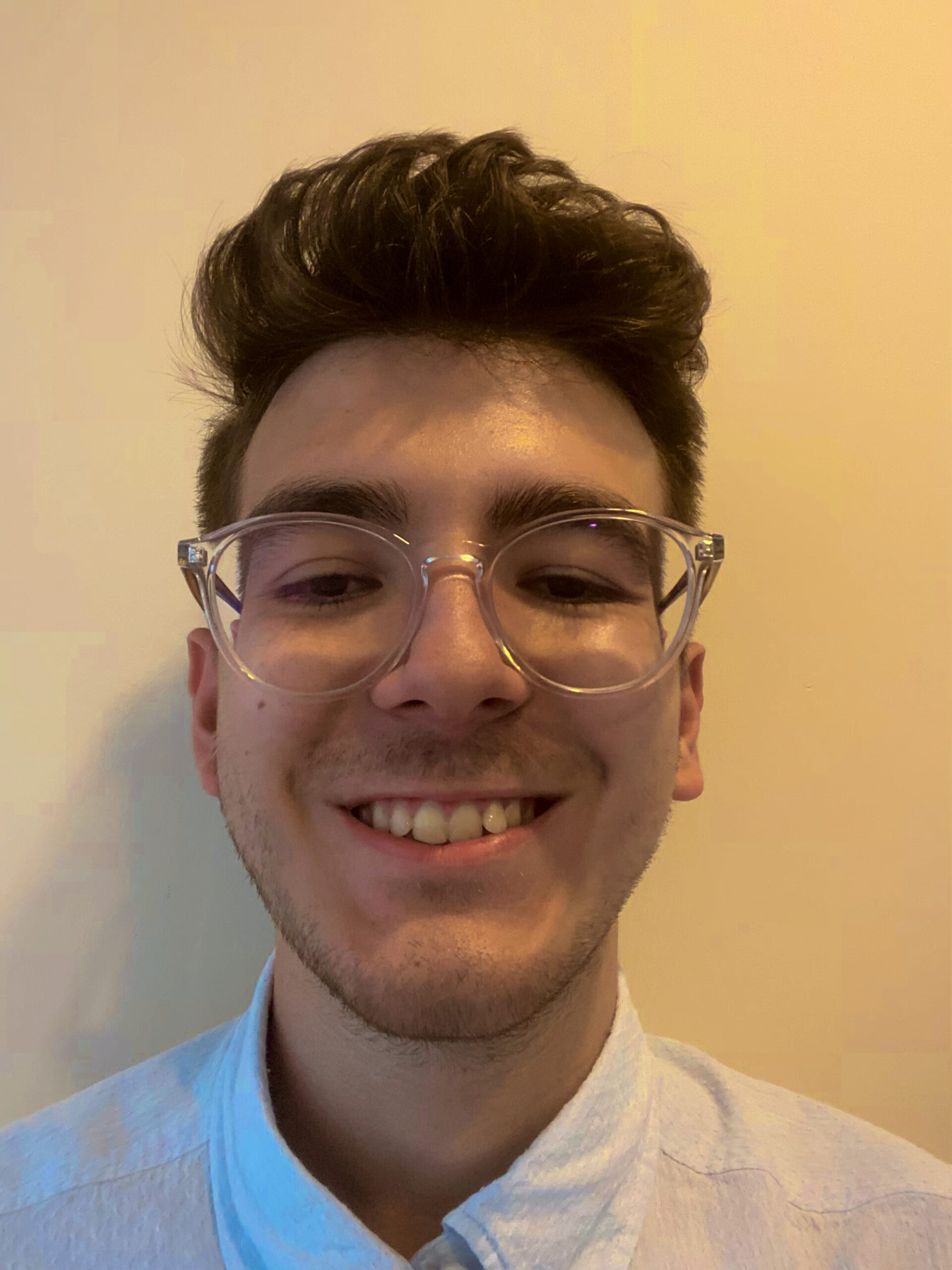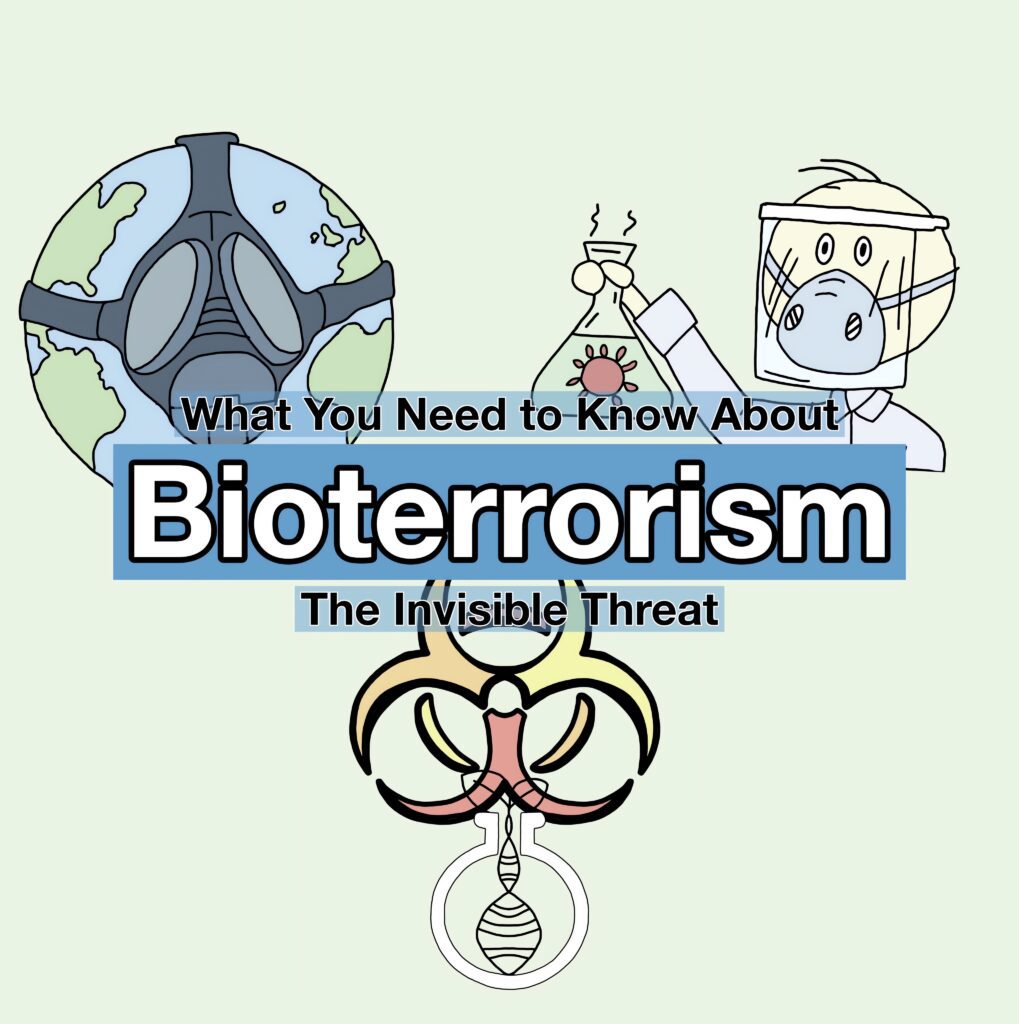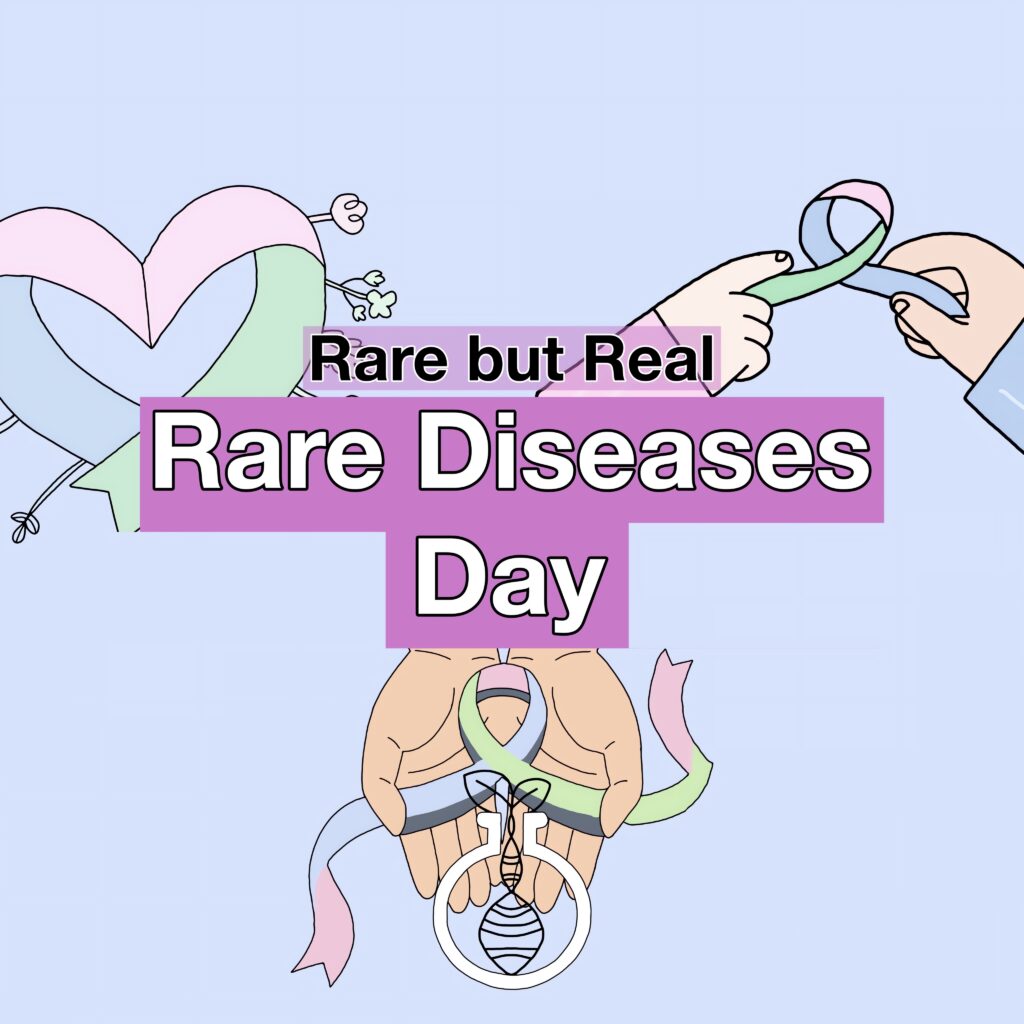Imagine walking into a doctor’s office and walking out with a treatment plan designed just for you, not just for someone with “similar symptoms” or a “typical profile,” but for you, down to your genes, lifestyle, and health history. No more trial and error, no more one-size-fits-all. Just a roadmap designed for your body’s unique biology.
Welcome to the frontier of modern medicine: personalised medicine. It’s not science fiction. It’s science, now.

What Exactly Is Personalized Medicine?
In traditional medicine, treatments are like off-the-rack clothing: designed to fit most people reasonably well but rarely fitting anyone perfectly. Personalized medicine, on the other hand, is tailor-made. It’s the bespoke suit of healthcare, cut to your measurements, stitched with your DNA, and fine-tuned by your environment and lifestyle.
Beyond One-Size-Fits-All: Defining Personalized Medicine in Simple Terms
Personalized medicine (also known as precision medicine) is a healthcare approach that considers your genetics, environment, and lifestyle to prevent, diagnose, and treat disease. Instead of treating “average” patients, doctors use detailed information to make decisions based on your biological fingerprint.
The Rise of Precision: How Personalized Medicine Differs from Traditional Approaches
- Traditional medicine: “This drug works for most people.”
- Personalized medicine: “This drug works best for you because of your specific genetic makeup.”

While the traditional model uses broad categories, personalized medicine zooms into the molecular level, revealing how one treatment might heal one person but harm another.
Real-World Examples: Personalized Medicine in Action
This isn’t a concept reserved for elite sci-fi hospitals of the future, it’s already saving lives today. Let’s look at where personalised medicine is making real-world impacts.
Targeting Cancer: How Genomics is Revolutionizing Oncology Treatments
Cancer treatment is undergoing a revolution. By analyzing the mutations in a tumor’s DNA, doctors can select the most effective therapies, sometimes even developing drugs that target that specific mutation.
For instance:
- HER2-positive breast cancer is treated with drugs like Herceptin, designed to block HER2 proteins that promote cancer growth.
- Lung cancers with EGFR mutations respond better to targeted drugs than to traditional chemo.
Medication That Fits You: Pharmacogenomics and Safer, More Effective Prescriptions
Ever taken a medication that didn’t seem to work for you, but worked great for someone else? That’s pharmacogenomics in action.
By studying how your genes affect drug response, doctors can:
- Avoid medications you’re likely to have side effects from.
- Pick doses that work for your metabolism.
- Prevent dangerous drug interactions.

Managing Chronic Diseases: Tailoring Approaches for Diabetes, Heart Disease, and More
Chronic illnesses like type 2 diabetes or cardiovascular disease are complex, and no two patients are exactly alike.
Using your personal health data, doctors can:
- Predict how your body responds to different treatments.
- Customize dietary and lifestyle plans.
- Monitor you with wearable tech for real-time adjustments.
Preventing Illness: Using Your Individual Risk Factors for Proactive Healthcare
What if your body could whisper its secrets before symptoms appear?
With personalized risk profiles, doctors can:
- Spot early warning signs for diseases like Alzheimer’s, breast cancer, or heart disease.
- Recommend screenings tailored to your risk.
- Suggest lifestyle changes that actually matter to you.
The Cutting-Edge Technologies Driving Personalization
Personalized medicine isn’t possible without the tools that decode the language of life. Behind the scenes, a powerful symphony of science is playing.
Decoding Your DNA: The Role of Genetic Sequencing in Personalized Care
At the heart of personalized medicine lies genetic sequencing, a process that reads the 3-billion-letter instruction manual inside every cell.

It can:
- Reveal mutations that increase disease risk.
- Identify which drugs will work for you.
- Predict your body’s responses to certain treatments.
The Benefits of a Tailored Approach to Health
So why is everyone so excited about personalized medicine? Because it promises to transform not just how we treat disease, but how we live.
More Effective Treatments: Why Personalized Medicine Can Lead to Better Outcomes
By targeting the root causes of disease, not just the symptoms, personalized medicine:
- Increases treatment success rates.
- Reduces trial-and-error guesswork.
- Speeds up recovery times.
Fewer Side Effects: Minimizing Adverse Reactions Through Genetic Insights
Your DNA can predict how your body handles medications. This reduces:
- Nausea
- Allergic reactions
- Drug toxicity

Earlier and More Accurate Diagnoses: Leveraging Individual Biomarkers
Personalized diagnostics use biomarkers, biological clues specific to you. This means:
- Earlier detection of diseases like cancer and Alzheimer’s.
- Faster, more accurate diagnosis.
- Better chances of successful treatment.
Addressing the Challenges and the Future of Personalized Medicine
As powerful as it is, personalized medicine has its growing pains. We’re navigating through the fog of ethics, cost, and complexity.
The Cost Factor: Making Personalized Medicine Accessible to All
Genetic testing and personalized treatments can be expensive, but that’s changing. As technology advances, costs are dropping, and more insurers are getting on board.
The goal? Make custom care available to everyone, not just the privileged few.
Data Privacy and Security: Protecting Your Sensitive Health Information
Your genetic data is as personal as your fingerprint, and it needs to be protected.

Ethical concerns include:
- Who owns your genetic data?
- How is it used?
- Can it affect your insurance or employment?
The Regulatory Landscape: Navigating the Approval Process for Personalized Treatments
New treatments based on genomics need new regulations. Governments and health agencies must:
- Define new pathways for approval.
- Ensure safety and equity.
- Balance innovation with oversight.
Final Thoughts: The Medicine of Me
Personalized medicine is not just a trend, it’s a transformation. It’s the end of “average” and the beginning of you-based healthcare.
It’s the moment we stop guessing and start understanding. The point where medicine becomes as unique as the person it’s treating.
Welcome to the age of you.
Special thanks to Eve for her incredible sketches that bring our articles to life!
We got inspired by those articles to create this content


My name is Ali Emre Cabadak, a dedicated biology enthusiast currently pursuing my studies at Marmara University, where I am majoring in Bioengineering. As a passionate advocate for scientific discovery and innovation, I am the founder of Biologyto. My goal is to bring the wonders of biology closer to everyone and inspire a new generation of thinkers and innovators. Through Biologyto, I aim to write scientific articles that delve into the fascinating world of biology, sharing insights and discoveries that inspire curiosity and innovation.





